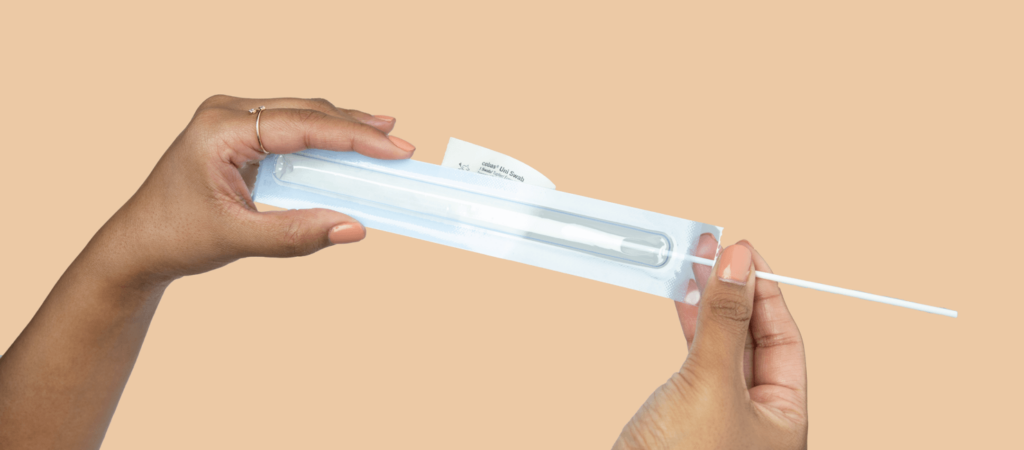January Is Cervical Health Awareness Month: Here’s Why We Should Care
According to the American Cancer Society, approximately 13,274 new cases of cervical cancer were diagnosed in 2018. Of these new cases, nearly 4,170 women will die from it. These figures are unfortunate especially because cervical cancer can be prevented by improved screening and effective vaccination. The best way to achieve this is through increased awareness about cervical cancer.
Cervical Cancer Awareness Month
The National Cervical Cancer Coalition and the American Social Health Association have declared January as Cervical Health Awareness month. This is the month where women of all ages are encouraged to get screened for cervical cancer. In addition, women who are eligible are encouraged to get the HPV vaccine to protect themselves from cervical cancer.
Human papillomavirus (HPV) is very common among women and some high-risk strains are known to cause cervical cancer. In the vast majority of women, the virus does not cause any obvious health problem and disappears on its own. But in about 10 percent of women with HPV infections on their cervix, long-lasting HPV infections will develop which put them at risk for cervical cancer.
Cervical Cancer Screening
For the past 40 years, the Pap smear and HPV test have made cervical cancer prevention possible. The ultimate goal of these screening tools is to detect cervical cancer early so that treatment can be initiated as soon as possible. Women who do not get screened regularly or who are not aware of the benefits of the HPV vaccine are at a higher risk of developing cervical cancer.
Many people confuse a Pap smear and an HPV test. The two are different. In a Pap test, the sample is collected from inside the cervix while in an HPV test, the sample is collected from inside the vagina. Both are different, but both are equally important. For women between the ages of 30-65, they have the option of having a Pap smear every three years, an HPV test every five years, or a Pap smear and HPV test every five years.
The purpose of increasing awareness about cervical cancer and measures to prevent it is what makes the Cervical Health Awareness Month so important. The CDC recommends that all boys and girls get this vaccine at the age of 11 or 12 to help develop a stronger immune response during their preteen years. The HPV vaccine is available for both males and females through age 45. The only thing is to ensure people know about it and take it seriously.
The biggest problem with cervical cancer is that it usually doesn’t present any specific signs or symptoms during the early stage. As the cancer advances, some women may experience bleeding and/or pain during sexual intercourse. By the time the cancer is diagnosed, it is already too late for many women. That is why it is important to increase awareness about HPV screening and other preventive measures for cervical cancer. Women do not even have to wait for a health care provider anymore. It is now possible for them to take charge of their own sexual health by using home HPV screening tests, which are now available through Nurx.
This blog provides information about telemedicine, health and related subjects. The blog content and any linked materials herein are not intended to be, and should not be construed as a substitute for, medical or healthcare advice, diagnosis or treatment. Any reader or person with a medical concern should consult with an appropriately-licensed physician or other healthcare provider. This blog is provided purely for informational purposes. The views expressed herein are not sponsored by and do not represent the opinions of Nurx™.







